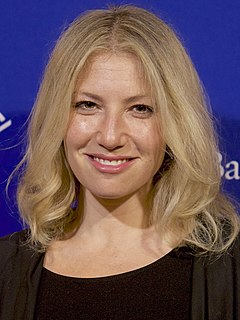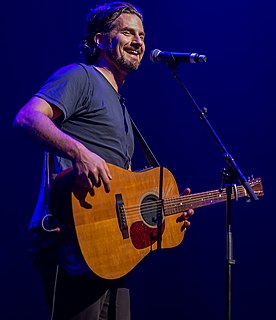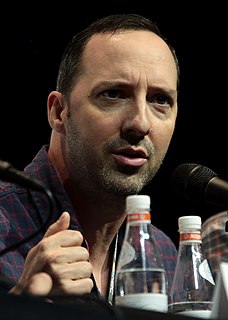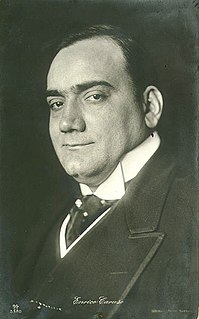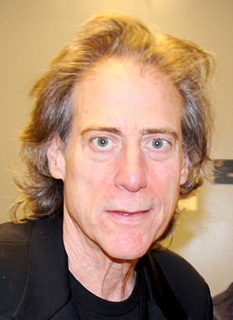A Quote by Ari Graynor
It's an incredible thing when you are creating something in a moment with the other people on stage and with an audience, and you are all experiencing it together as it exists in that one night. It's a magical feeling.
Related Quotes
You feel the communion of the collective consciousness in that moment when you're on stage doing something and the audience is absolutely with you. And the audience becomes a collective entity as well. They come in from separate places and socio-economic backgrounds, and places across the world and days that they've had, and then they come together and they become one collective thing, and experience something in a collective way.
When I play, I open up. I'm in the heat of the performance and it's a healing thing. It's great! It's like a spiritual elevation that occurs when you're playing and becoming one with the instrument or players on the stage. It takes on this incredible feeling of levitating and the molecules spin differently in the moment.
The big difference I think between tv and stage is definitely the immediate buzz that you get. And that's not just as an actor, as an audience member you're getting the chance to have this kind of two-way process where the actors and the audience are experiencing the same thing. With tv you often have to wait months and months down the line to actually get the pay-off. Whereas with theatre it's a very immediate thing.
During empathy one is simply 'there for' the other individual, when experiencing their own feelings while listening to the other, i.e. during sympathy, the listener pays attention to something about themselves, and is not 'there for' the client. Consider how you would feel if you sensed that the individual listening to you was getting into their own 'stuff' rather than hearing and reflecting exactly what you were feeling in a moment of need?
Normally classical music is set up so you have professionals on a stage and a bunch of audience - it's us versus them. You spend your entire time as an audience member looking at the back of the conductor so you're already aware of a certain kind of hierarchy when you are there: there are people who can do it, who are on stage, and you aren't on stage so you can't do it. There's also a conductor who is telling the people who are onstage exactly what to do and when to do it and so you know that person is more important than the people on stage.
